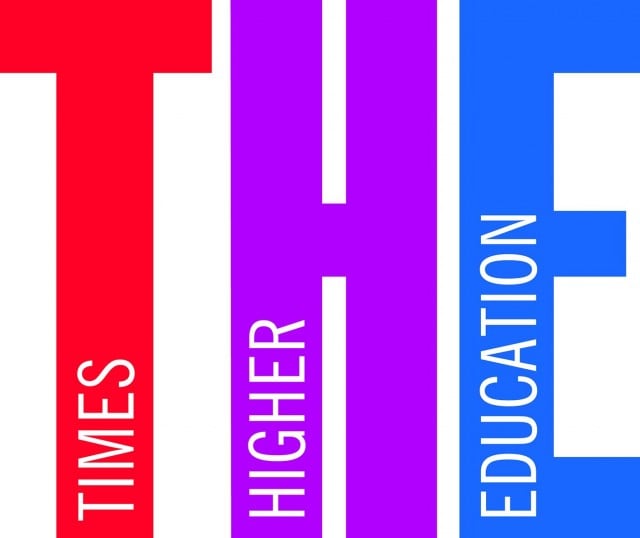Fake Peer Review?
Leading journal in robotics retracts six papers from Chinese academics after concluding the process had been subverted.
A leading robotics journal has been forced to retract six papers from Chinese academics after concluding that reviewers colluded with authors to “subvert” the peer review process.
 In a move likely to highlight efforts by China-based scholars to publish using fake peer review, the International Journal of Advanced Robotics Systems
announced that it has pulled a number of papers from 2020, stating it
believed the “peer review process for these articles had been
compromised.”
In a move likely to highlight efforts by China-based scholars to publish using fake peer review, the International Journal of Advanced Robotics Systems
announced that it has pulled a number of papers from 2020, stating it
believed the “peer review process for these articles had been
compromised.”
The Sage title said it had “reason to believe that this was due to author misconduct” and “as a result, the scientific accuracy of these articles is not reliable.”
The papers all concerned the potential use of humanlike robots in sports ranging from table tennis and basketball to badminton and soccer -- an area where issues of stability and balance have taxed some of the world’s best robotics engineers. Most of the retracted papers are written by academics at sports studies institutions in China, many of whom had not previously published a peer-reviewed paper.
Asked about the retractions, a spokeswoman for the open-access journal, which charges $1,500 for publication if papers are accepted, told Times Higher Education that its internal monitoring systems had identified patterns on several papers “indicating manipulation of the peer review process by the authors -- specifically that they were working with the reviewers in an attempt to subvert the proper peer review process.”
Repeated attempts to contact the authors by email or phone had proved unsuccessful, added the journal. Times Higher Education was also unable to contact the corresponding authors.
“Ensuring the integrity of the academic record is an ongoing dynamic process. Sage continuously reviews its policies and procedures to guard against peer review manipulation in the face of new patterns emerging,” the publisher added, saying it had introduced additional checks on authors’ potential relationships with reviewers following the retractions.
“In the majority of cases action is taken before publication, but sometimes -- as in this case -- it is necessary to take corrective action after the fact,” the journal said.
The episode is likely to focus attention on peer-review hacking, which, in some cases, has enabled fake research produced by so-called paper mills to enter highly regarded journals. Since January 2020, more than 1,000 papers have been identified as probably coming from paper mills, of which only about 40 percent had been retracted, Nature reported earlier this year.
China has long been regarded as a hot spot for this type of fraud, given the generous financial incentives awarded to those who publish in leading Western journals. Most retractions caused by fake peer review have been linked to China, now the world’s most prolific scientific publisher, averaging some 305,000 papers a year.
Anna Albakina, a sociologist at the Free University of Berlin who has investigated fraud in academic publishing, said the latest episode targeting a single journal suggested “broker companies or even paper-mill production” may have been involved. Under this setup, scholars or their institutions not only pay for papers to be ghostwritten but are provided with a list of “nice” peer reviewers who may also receive a fee for collaboration.
Broker companies, which she had also observed in Russia, “assist in the submission of papers, offer a co-authorship for sale and intervene in the peer review process by searching and contacting potential peer reviewers,” she explained.
Read more by
Jack Grove for Times Higher Education
No comments:
Post a Comment